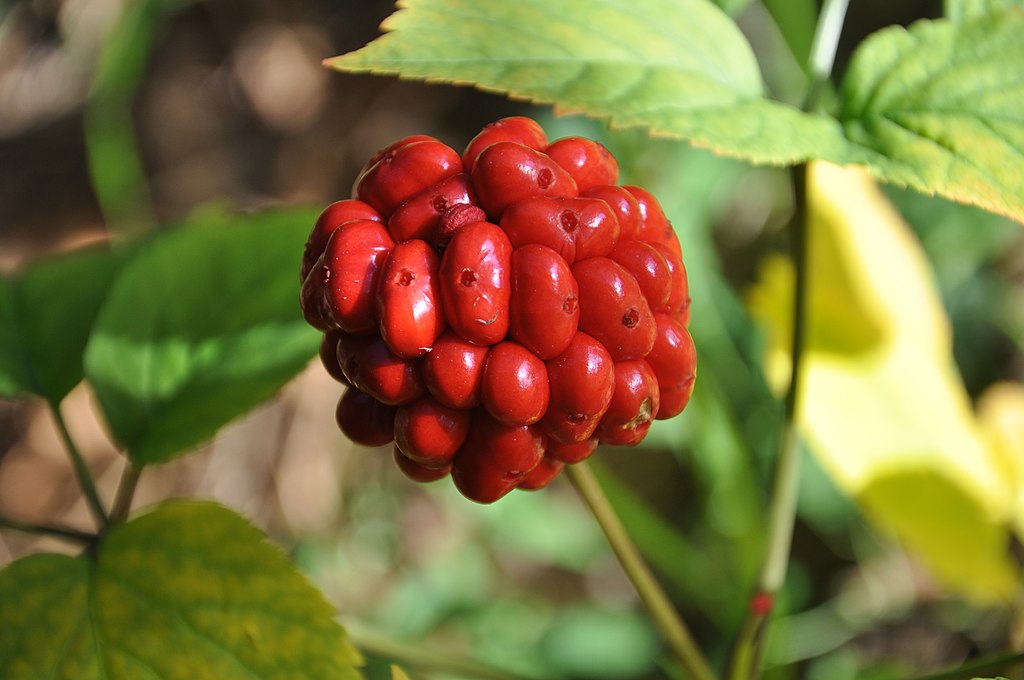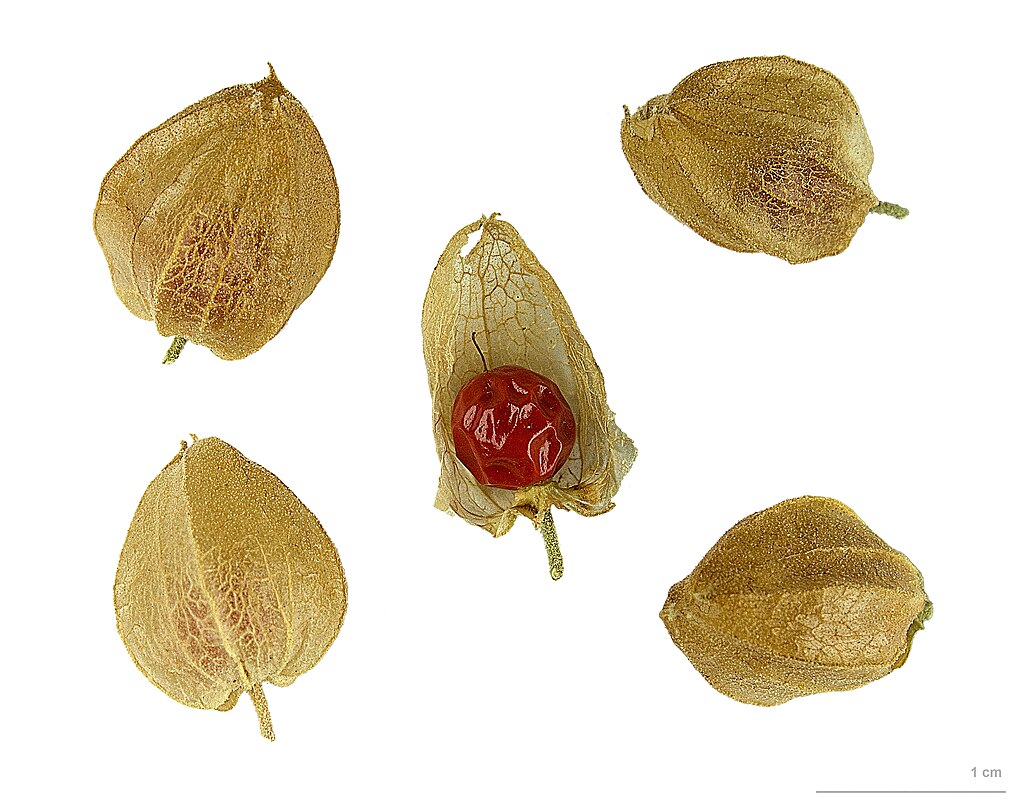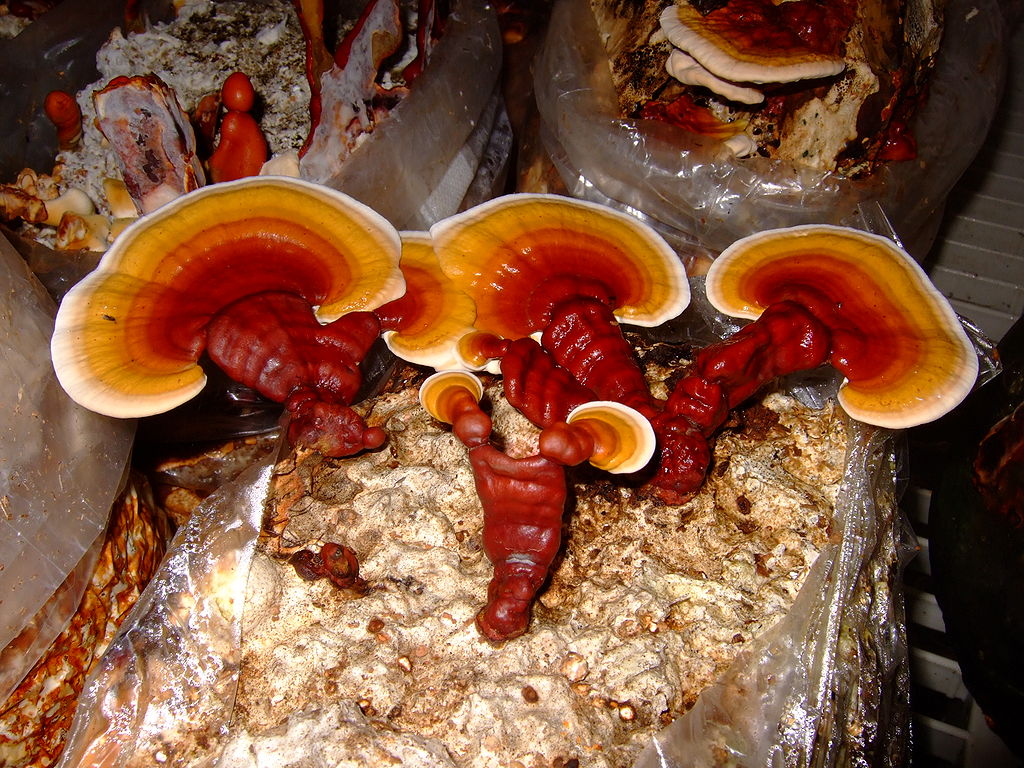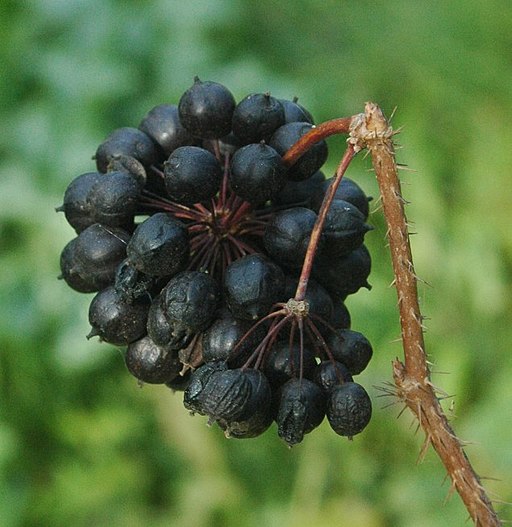In this day and age, more humans are living in stress than ever before. Although stress is a natural function of our bodies, it is certainly not safe to live within stress for prolonged periods of time. This increase in stress of humans is reflected by the growth of stress relieving techniques in our modern world, such as meditation, yoga, breathing, spa treatments, hypnotism, etc. But modern doctors are quick to prescribe you medicines that may do more harm than help in the long run. Lucky for us, the planet has provided us an alternative way to handle our stress through a specific group of medicinal herbs called adaptogens.
What are adaptogens?
Adaptogens are medicinal herbs or mushrooms that work to help the body adapt to stress, whether these stressors are external influences or internal imbalances. Adaptogens work to strengthen the body’s resistance to stress, anxiety, trauma, fatigue, depression etc.
This special group of herbs are labeled “adaptogens” because they truly have the ability to adapt to your imbalances, whether that imbalance is due to the over activity or under activity of an organ or gland. These herbs will attempt to adapt to your unique condition. Adaptation is now and has always been a crucial part of life, for survival and growth of a species. Changes in our environment also cause a lower response from our immune systems, leaving us vulnerable to illness. As change is ever occurring, we must learn how to adapt if we wish to remain in harmony with the present moment. These herbs will help to give you another reference point of balance, and over time will help you to maintain that balance by yourself without the use of the herb.
It’s important to keep in mind when taking adaptogens to not completely rely on the herb itself and become hooked. Rarely are adaptogens prescribed by herbalist to be taken daily for more than 6 months. Unless treating a specific ailment, they are meant to be taken once in a while. But this doesn’t mean all adaptogens are right for you. Sometimes adaptogenic herbs can over stimulate a person causing headaches or nausea, while the same herb can give another the person the exact balance they were looking for. For instance, a good example would be Panax Ginseng. Most men love the effects of Panax Ginseng, while most women (but not all), find it overstimulating and causes headaches.
You want to find out which herbs will work best for you. But don’t worry, adaptogens will not cause you any long term side effects. Here are some adaptogenic herbs that can help you find balance.
1) Reishi Mushroom
Reishi Mushroom is a superior adaptogenic herb that was once known as the herb of immortality. Although this herb will not make you immortal, it does have a lot great benefits to your mind, body and spirit. Reshi is a qi tonic for the entire body which works to strengthen the functions of all organs. Its adaptogenic properties make it an immune modulator, which means its helps to find homeostasis in the immune system. It’s also used to treat stress, sleep disorders, chronic fatigue, and anxiety. It’s also a widely used anti-cancer herb and a great fighter of serious viruses. Reishi can be taken in various ways. It’s sold as tea, tincture, and pill. There is now also a modern technique of where reishi is boiled multiple times at a high pressure, allowing the active ingredients to be extracted to form a concentrate. In traditional Chinese medicine, it is said that the best way to take the herb is in a soup or a tea, but modern extraction methods will be argued as the superior form.
2) Rhodiola

Rhodiola, also known as “golden root,” has amazing energetic properties. It boosts the body’s energy while at the same time works to help burn belly fat. Rhodiola has also been clinically proven to treat depression and enhance brain functions. Rhodiola is best taken in capsule or tincture form at least 15 minutes before meals.
3) Siberian ginseng (eleuthero)
Siberian ginseng is one of the best herbs for adapting to stress, whether physical or emotional. All stress side effects seem to diminish when taking this herb. But the balance doesn’t end just at the nervous and endocrine systems, it actually helps the entire body find balance. This is why it got the nickname of Siberian ginseng, as regular ginseng is known for its balancing qualities. This herb normalizes the cardiovascular system, blood sugar, thyroid, immune system, respiratory system, and the digestive system. This is a very safe herb and is best taken in tincture form 3X a day. You can take this herb daily but only for 3-4 months, then you discontinue for 1-2 months.
4) Panax Ginseng and American Ginseng

Panax Ginseng and American Ginseng are well known and widely available across the US. Both oriental and American forms of this plant are great adaptogens that work on multiple body systems. They are very similar in their functions but American ginseng is more cooling, while Panax is more warming. Knowing if your body runs cold or warm is a good starting place for finding out which one to take. Panax ginseng is known to have a wider balancing effect on the body than the American version, but this may be because it’s been further tested. Women should also be aware that Panax ginseng is a phytoestrogen, so it will have an effect on estrogen. The roots are used and are either powdered or tinctured, but tincture is the best option.
5) Ashwagandha

Ashwagandha is very similar to ginseng. Some people call this herb Indian ginseng. It strengthens the adrenal cortex and tonifies the immune system. It’s an energizing herb when taken in the day, and helps to treat sleep disorders at night. It even strengthens the kidneys and both female and male reproductive systems. This herb can either be taken in pill, tincture or tea decoction 3X a day.
There are many more adaptogenic herbs but these are amongst some of the strongest. More adaptogenic herbs are still being discovered. Above all remember that when it comes to stress, it takes more than JUST the herbs to maintain a healthy balance. Take care of your mind, body and spirit and you will find balance.



